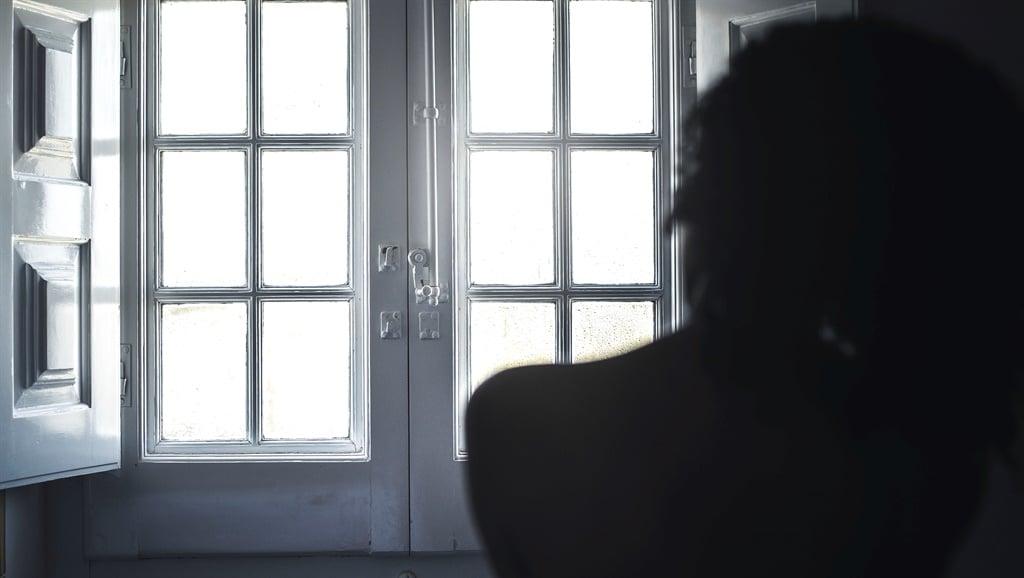Africa-Press – South-Africa. Professional nurses may soon be trained to prescribe pills for mental health conditions such as depression and anxiety (under the supervision of a doctor), according to South Africa’s new five-year (2023-2028) action plan for HIV, tuberculosis (TB) and sexually transmitted infections (STIs).
The South African National Aids Council (Sanac) launched the final plan in Rustenburg on World TB Day on Friday.
Health Minister Joe Phaahla will have to change the Nursing Act regulations to allow nurses to prescribe antidepressants, according to Andy Gray, a senior pharmacology lecturer at the University of KwaZulu-Natal.
Currently, only general practitioners and psychiatrists can prescribe psychiatric medication in South Africa.
Nurses can get trained to prescribe some medicines, for instance, antibiotics, but not mental health medication such as antidepressants because these medications are classified as schedules 5 and 6 medicines, which can only be prescribed by doctors, explains Gray.
About one-in-three people in South Africa will have depression, anxiety or a substance use disorder at least once in their lives, according to the 2009 South African Stress and Health Survey. But three-quarters of people will never be treated, a 2009 South African Medical Journal study found.
Coping mechanisms
Depression, anxiety and substance abuse are much more common among people with HIV and TB than those not living with these illnesses, the plan says. Mental health conditions make it harder for people to keep taking their medication, and discrimination from health workers can result in people with mental health challenges not asking for the help they need.
Anxiety and depression also increase someone’s risk to contract HIV or TB (because anxious or depressed people often use coping mechanisms, for instance substance abuse, that, in turn make them more vulnerable to contract HIV or TB).
That’s why it needs to be easier for people to get prescriptions for psychiatric medicine, the action plan says.
Professional nurses study for four years and receive a degree.
South Africa’s community health workers will also be trained to identify the signs of mental distress and substance abuse early on in the onset of such conditions.
But the new plan, called the National Strategic Plan (NSP) for HIV, TB and STIs – which also aims to get more children vaccinated against the human papillomavirus (HPV), which causes cervical cancer – has a funding gap.
For the first year of implementation, there is R1.7 million too little available to reach the plan’s goals – and such shortfalls increase each year; by 2028, the last year of the plan, the cumulative deficit, as things stand now, is R7.2 billion.
What does the budget look like?
The government will fund the bulk (77%) of the NSP roll-out itself.
Another 20.5% of the money will come from international donors such as The Global Fund to Fight Aids, Tuberculosis and Malaria (6%), the US Agency for International Development, and the US government’s Aids fund, the President’s Emergency Plan for Aids Relief, PEPFAR (14.5%).
South Africa’s private sector will contribute just 2.5% of the total costs of the NSP until 2028.
International donors have increased their contributions in the past couple of years to help South Africa reach its 95-95-95 targets, but as the country inches closer to controlling its HIV, TB and STI epidemics, they will start to cut their funding, the plan says.
This is worrying, according to the NSP, because international partners invest a considerable amount into improving the country’s health system operations (for example, data collection). Donors also fund many community health worker programmes and projects that work with groups of people with high HIV, TB and STI infection rates, such as sex workers and transgender people.
What else is new in South Africa’s fifth NSP?
This story was produced by the Bhekisisa Centre for Health Journalism. Sign up for the newsletter.
For More News And Analysis About South-Africa Follow Africa-Press






